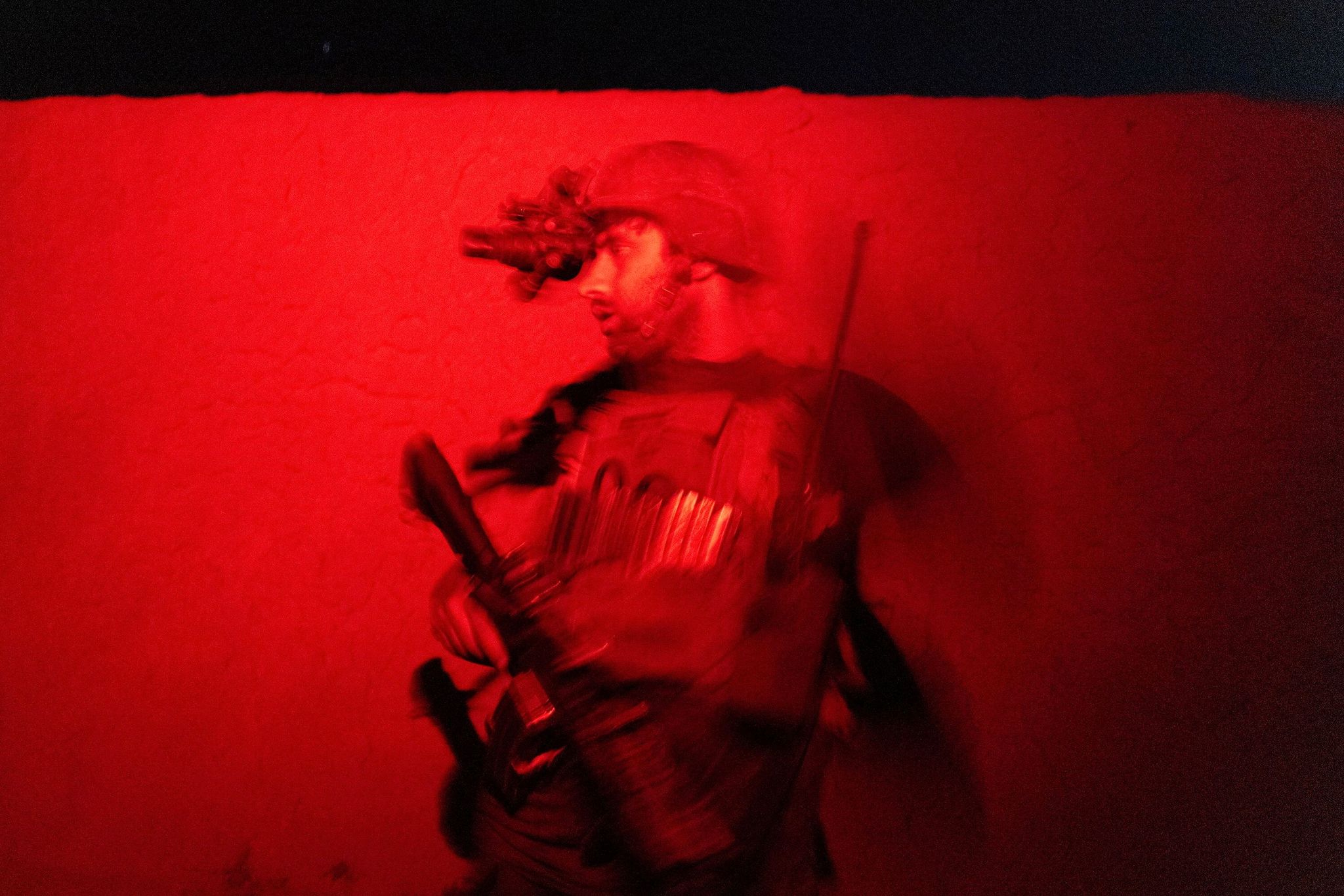Kandahar was the capital of the Taliban. Will history repeat itself?
—
– The situation here is very bad. The violence is only getting worse.
Yonous Sarpa writes in a message to Aftenposten. The 25-year-old is the mayor of Arghandab in Afghanistan.
The Taliban took over the area ten days ago. Kandahar is less than half an hour away.
The big city is now surrounded by the extreme Islamists. If they win, it could be the Taliban’s biggest victory in a long time.
Surrounded by the big city
Kandahar is Afghanistan’s second largest city. Only the capital Kabul is larger.
The extremist Islamist offensive has been pressing against Kandahar for several weeks. Fierce fighting has been going on in smaller areas around the big city. As a result, 150,000 people have been forced to flee.
A number of them have gone to the big city to seek safety. A separate camp has been set up there for internally displaced refugees. 22,000 live there.
Now the situation is critical also in the big city. Fierce fighting is going on between the Taliban and Afghan forces.
More than half a million people live in Kandahar city. Several of them are now leaving their homes.
But the places they can seek refuge are becoming fewer and fewer.
Controls most of the country
The Taliban has been leading a powerful offensive in the country for several months. In a short time, they have taken over a number of districts.
Now they allegedly control more of the country than the Afghan authorities do.
News of villages falling short of the Taliban has become commonplace.
So what does it have to say if they take over Kandahar as well?
Where it all started
Kristian Harpviken is a researcher at the Peace Research Institute PRIO. He points to three reasons why Kandahar’s potential fall is critical:
- It will be the first provincial capital the Taliban take over.
- It gives the extreme Islamists more legitimacy when they say they have taken over most of the country.
- It will be a very important symbolic victory.
The latter is because Kandahar is the hearth of the Taliban. The group originated there in 1994.
From there, they quickly took control of southern parts of Afghanistan. When they ruled the country from 1996 to 2001, they chose Kandahar as their capital.
The story can give a clue to their plan further.
Seeking and gaining recognition
– If they take over Kandahar, the Taliban can say that it is their headquarters, Harpviken explains.
– It may give them the opportunity to say that they now control large parts of Afghanistan, he adds.
In recent weeks, the Taliban have secured several important strategic victories. Not least, they have conquered border crossings to neighboring countries.
The Taliban now controls trade routes to Iran, Tajikistan, Uzbekistan and Pakistan. The latter in particular attracts attention. First and foremost because of how the Pakistani authorities relate to it, Harpviken explains:
– Pakistan encourages trade to continue as usual. As if the Taliban have not taken over there, he says.
Therein lies an implicit recognition of the Taliban’s position. They have been working to get that for years.
And now there are insights from several quarters.
US bombs from the air
If the Afghan authorities do not stop attacking their own people, the country will become a pariah state. This was said by US Secretary of State Antony Blinken on Wednesday.
But the authorities he referred to were not the elected government. He was talking about the Taliban.
– It is clear that there is an acknowledgment in it. At the same time, Blinken expresses concern. And it is more serious than ever, says Harpviken.
The United States is in the process of withdrawing its last troops from Afghanistan after 20 years of war.
But the situation in Kandahar has caused them to take a small step back.
Now the Afghan security forces are militarily supporting from the air. US air forces bomb Taliban positions in Kandahar.
It breaks the agreement the United States and the Taliban entered into in February 2020. At the same time, peace talks are underway with the Afghan government in Doha.
What does the situation in Kandahar mean to them?
Can be a turning point for the peace talks
In June, the Taliban said they would present “their views” on the peace talks in a month’s time.
They still have not done so. But if they take over Kandahar, it could be a tipping point that decides what they want to do in the future, according to Harpviken.
First and foremost because a possible conquest will show one thing in particular:
That Afghan forces are far weaker than expected.
It could make it more attractive for the Taliban to blow up peace talks. Instead, they can put the brakes on the conquest campaign.
– The Taliban is largely a military organization. When they then succeed in warfare, I think it is difficult to say that they will go to a certain point, but no longer, says Harpviken.
Lives in tents along the road
Meanwhile, the country’s residents are trying to navigate life during the Taliban’s advance. Many are fleeing. But fewer and fewer places are safe.
As many as 2,400 Afghan civilians have been killed since May, according to a new report report from the UN. Over 5,000 have died since January. This is an increase of 47 percent from the previous year.
Security has become a relative concept, says Mayor Sarpa.
– People live in schools, in mosques and tents along the road. We are scarier than ever, because we are heading towards an uncertain future, he says.
–


